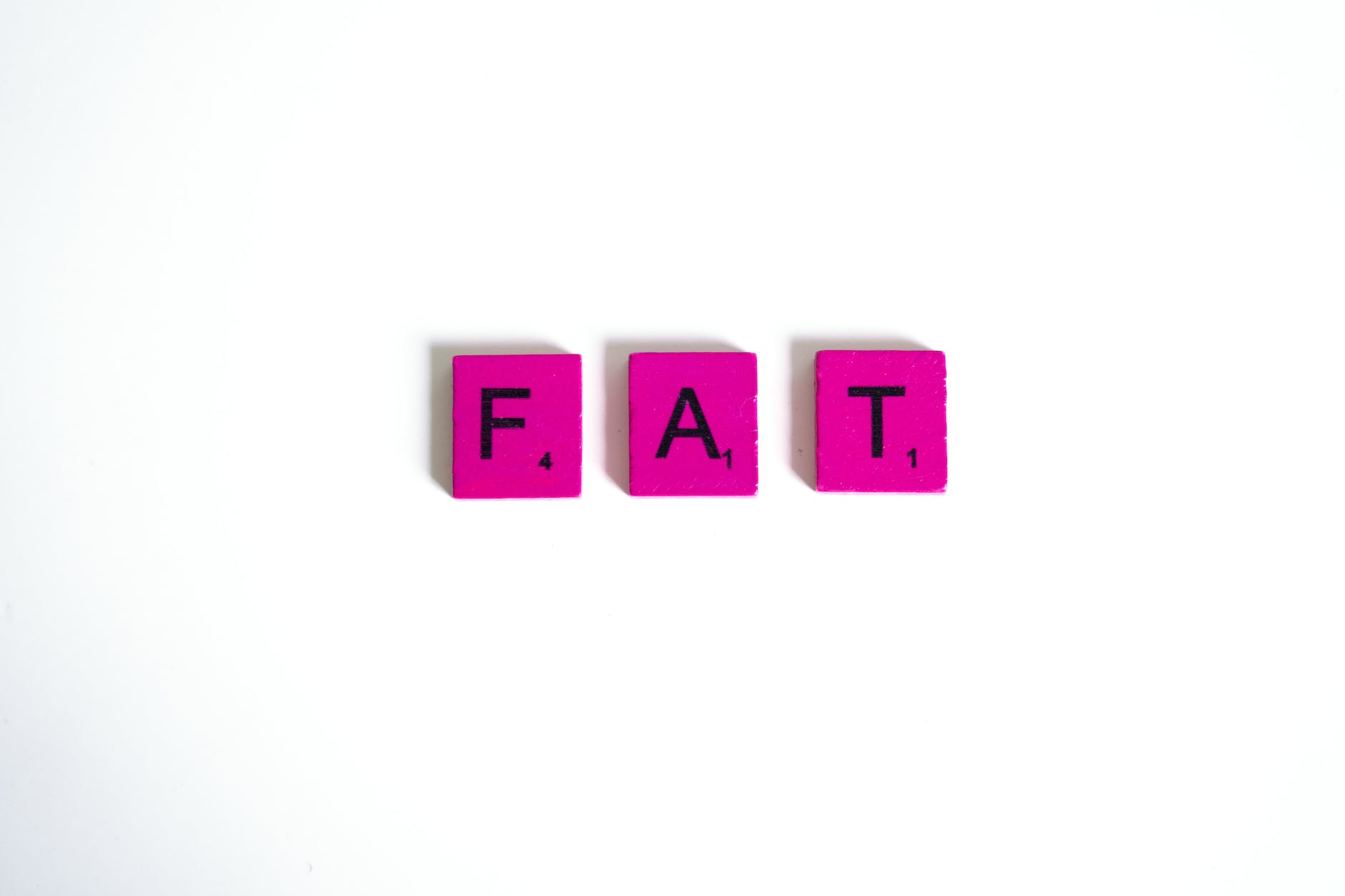Tag: fatphobia
-
A fortnight of fatphobia
These last couple of weeks the anti-ob***y rhetoric seems to have hit an all time high. First the UK Government announced it’s going to start weighing children in school. Then a group of dentists in New Zealand published a highly suspect study about their miraculous new device designed to keep fat peoples jaws’ closed. Both…
-

Feeling fat
What feeling “fat” meant for me when I had an eating disorder: 1/ I felt physically bloated because: 2/ I was feeling ashamed, guilty and hating myself because I’d binged, purged or both, and was taking it out on my body. 3/ I was struggling to deal with difficult emotions completely unrelated to my eating…